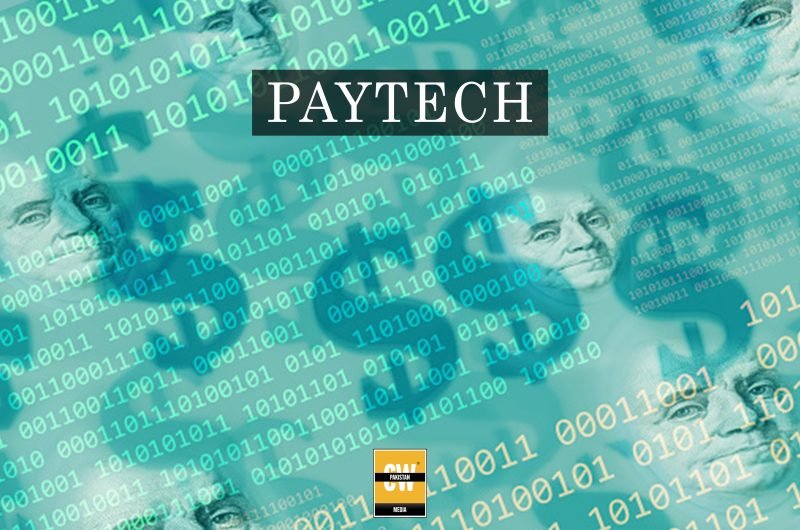The Pakistan Virtual Assets Regulatory Authority (PVARA) has initiated deliberations on the possible withdrawal of the State Bank of Pakistan’s (SBP) 2018 ban on virtual currencies, in a move that could redefine the country’s approach to digital assets. The development came during PVARA’s inaugural board meeting held in Islamabad, which also outlined a comprehensive roadmap for risk management, licensing, and regulatory frameworks powered by artificial intelligence.
The meeting’s official statement revealed that the board discussed the repeal of BPRD Circular No. 03 of 2018, a directive issued by SBP that had prohibited financial institutions from dealing in cryptocurrencies, tokens, and Initial Coin Offerings (ICOs). The 2018 circular had declared assets such as Bitcoin, Litecoin, Pakcoin, OneCoin, DasCoin, and Pay Diamond as neither legal tender nor backed by the Government of Pakistan. The central bank had further instructed banks, microfinance institutions, and payment service providers to avoid processing, trading, or facilitating such transactions, while also mandating the reporting of any virtual currency-related activity to the Financial Monitoring Unit (FMU) as suspicious.
Federal Minister for Finance and Revenue, Senator Muhammad Aurangzeb, attended the session as a special invitee. He described the establishment of PVARA as a transformative milestone that would help Pakistan align with global trends in financial innovation. Stressing the importance of embracing crypto and blockchain technologies, the minister said that a structured regulatory environment would enable Pakistan to position itself as an emerging leader in the global virtual asset economy.
The meeting was chaired by Bilal bin Saqib, Minister of State for Crypto and Blockchain and Chairman of PVARA, and was attended by high-profile stakeholders, including the Governor of SBP, federal secretaries from the ministries of IT and Law, the Chairmen of the Federal Board of Revenue (FBR) and the Securities and Exchange Commission of Pakistan (SECP), as well as representatives from the National Cyber Crime Investigation Agency (NCCIA).
Key priorities discussed included operationalising PVARA in line with international Anti-Money Laundering and Countering Financing of Terrorism (AML/CFT) standards, developing a licensing and regulatory framework for virtual asset service providers, and enhancing Pakistan’s integration into the global virtual asset economy. The board agreed to establish specialized committees to focus on sandbox experimentation, taxation policies, regulatory drafting, and international engagement. A draft licensing framework was circulated for member consultation and is expected to be finalized in the coming weeks.
To strengthen oversight and foster public trust, the board also approved the development of a digital complaint portal in collaboration with NCCIA. This platform will provide a mechanism for stakeholders to report issues related to virtual assets and ensure timely redressal.
PVARA Chairman Bilal bin Saqib called the meeting a defining moment for the country’s virtual assets ecosystem. He emphasized that the authority would focus on safeguarding financial integrity while encouraging innovation, investment, and broader opportunities in the digital economy. “Our goal is to build trust domestically and enhance Pakistan’s credibility as a forward-thinking player in the global virtual assets economy,” he said.
The decision to consider lifting the SBP’s longstanding ban signals a major shift in Pakistan’s regulatory stance toward digital assets. If implemented, it could pave the way for greater adoption of cryptocurrencies, blockchain-driven innovation, and increased participation in international crypto markets. Industry analysts believe such a move could attract new investment, create jobs, and expand financial inclusion, though it will require careful balancing of innovation with compliance and security concerns.








